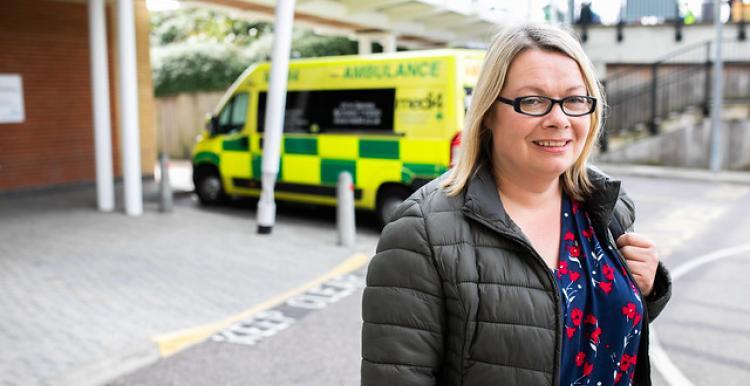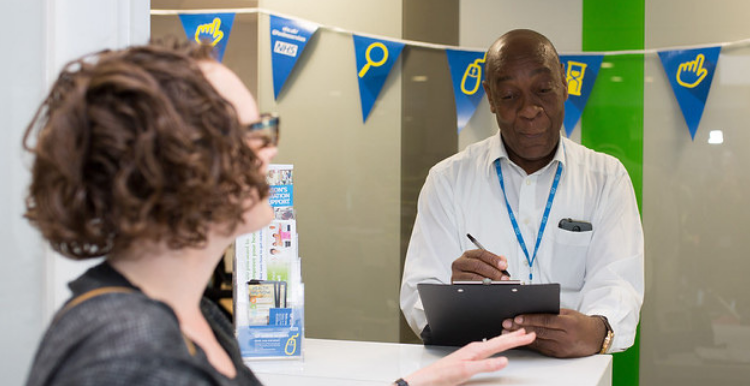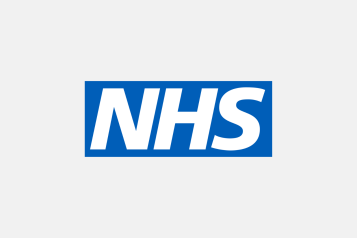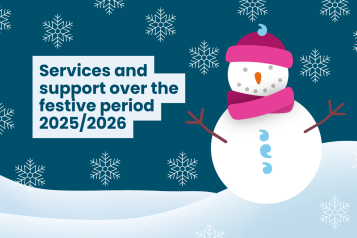What can you expect when you’re discharged from hospital?

Take a look at the National Institute for Health and Care Excellence’s (NICE) quick guide to what you can expect when you’re discharged.
What should happen when you arrive at hospital
When you arrive at hospital, the community health team should give the hospital any information they’ll need about you to inform your care. This includes:
-
Any care plans you have or any preferred routines.
-
Your communication and accessibility needs.
-
Any medication you are taking.
-
Details of your family, carer or next of kin.
-
Your housing situation.
-
Your preferred place of care once you leave hospital.
What should happen during your stay
While you are in hospital, your discharge coordinator should be:
- Agreeing a discharge plan with you and the community health team to ensure you are supported once you leave hospital.
- Arranging any follow-up care you might need, including any specialist equipment or support.
- Agreeing a plan for ongoing treatment and support in your community and ensuring you have regular contact with them once you leave hospital.

Your discharge plan
Before you leave hospital, you should have an individual discharge plan to help you feel supported at home.
This should be given to the community health team and include:
- Information about your health.
- Information about any medication you are taking or treatment you are receiving.
- Contact details for you, your family, carer or next of kin.
- Arrangements for health and social care support, including details of any care provided by your family or carer.
- Details of services you might find useful.
In focus: Healthwatch Surrey's discharge checklist
Healthwatch Surrey has created a checklist designed to help make people feel safe and supported when they leave hospital. The checklist can be used by you, your family or carer, and by hospital staff to make sure everyone has the information they need to plan for when you’re discharged.
This includes information about medication you are taking, who in the hospital will arrange your discharge and whether you will need any follow up appointments.
What should happen if you need end-of-life care or have complex needs?
If you need end-of-life care or have complex health needs, your discharge coordinator should give you the details of who you would need to contact if there are problems with your medication or equipment within 24 hours of being discharged.
What should happen if you are at risk of being readmitted to hospital?
Your GP or community nurse should be in contact with you within 24 to 72 hours of being discharged, if the hospital team feel you are at risk of being readmitted.
Red bag scheme
The red bag scheme is an example of an approach designed to help health and care services make sure you have everything you need during and after you stay in hospital. This could include:
- Personal belongings
- Medication
- A care plan
- A summary of your discharge
Such schemes can reduce the amount of time you wait for an ambulance transfer or A&E assessment, as well as potentially avoiding a hospital admission in the first place.
Although the red bag scheme was developed by Sutton Clinical Commissioning Group, you may be able to access a similar scheme where you live.


